
- Home
- Trend
- Weight Loss Strategies
- Acne Tips
- Hair Health Information
- Blemish Removal Tips
- Acne Scar Removal Tips
- Muscle Building Techniques
- Intimate Care Tips
- Postpartum Intimate Care
- Eye Bags Wiki
- Tips for Face Slimming
- Secret of Permanent Hair Removal
- Breast Enlargement Tips
- Cure to Snoring
- Marionette Lines
- Skin-Tightening Secrets

免費體驗
R6 Miracle Eye Rescue Treatment
1 Minute Self-Registration
Date should not be before minimal date
Swollen eyes can be both uncomfortable and cosmetically concerning, often resulting from a variety of causes ranging from lifestyle factors to more serious health conditions. While home remedies can provide quick and effective relief for mild cases, understanding when to seek professional advice is crucial too! Here's a detailed look at how to manage swollen eyes and recognize the signs that indicate a need for professional intervention.
1
What Can Cause Swollen Eyes?
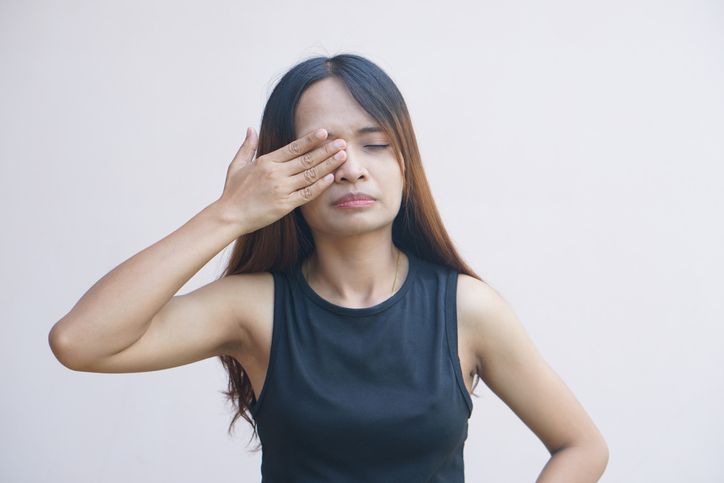
Fluid Retention
Eye Strain
Allergies
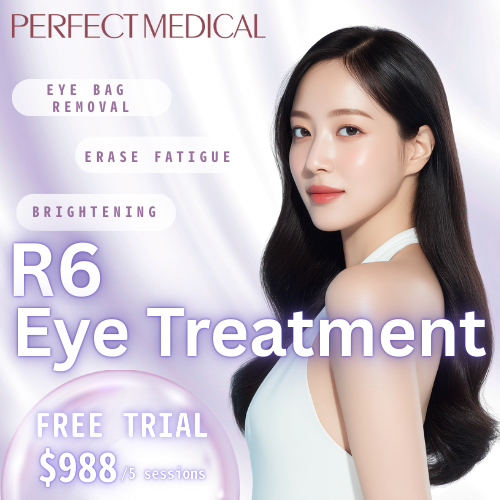
2
10 Remedies for Reducing Swollen Eyes Quickly
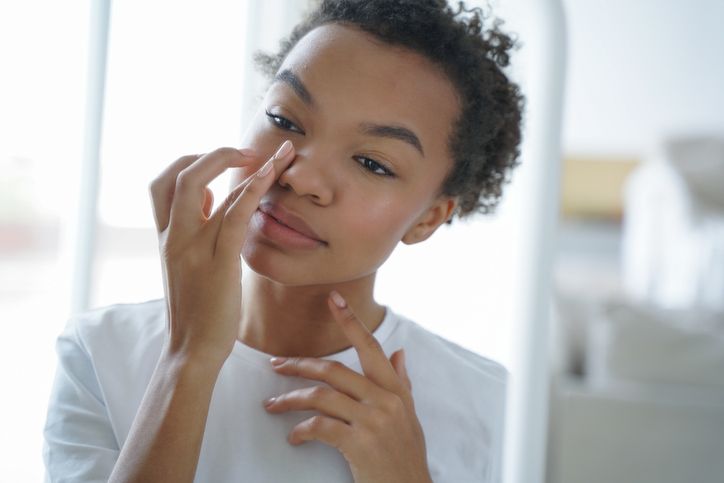
1. Cold Compresses or Warm Compresses
2. Cool, Wet Washcloth
3. Tea Bags
4. Artificial Tears (Or Antibiotic Eye Drops)
5. Saline Rinse
6. Cold Milk
7. Aloe Vera
8. Gentle Massage
9. Limit Alcohol
10. Elevate Your Head
- Got Puffy Eyes? Our Editor Tests 3 Daily TCM Remedies For Eye Bags, 2 Powerful Diet Tips & Acupressure Tricks You Need To Know!
- Comparing Surgical and Non-Surgical Interventions for Eye Bag Fat
- Droopy Eyelids Dragging Down Your Look? Identify 6 Common Types + Medical and Non-Surgical Treatments
- Under-Eye Injection Concerns + 5 Popular Injectable Treatments Explained!
3
Bid Farewell to Swollen or Puffy Eyes Today: Radiofrequency (RF) Treatments
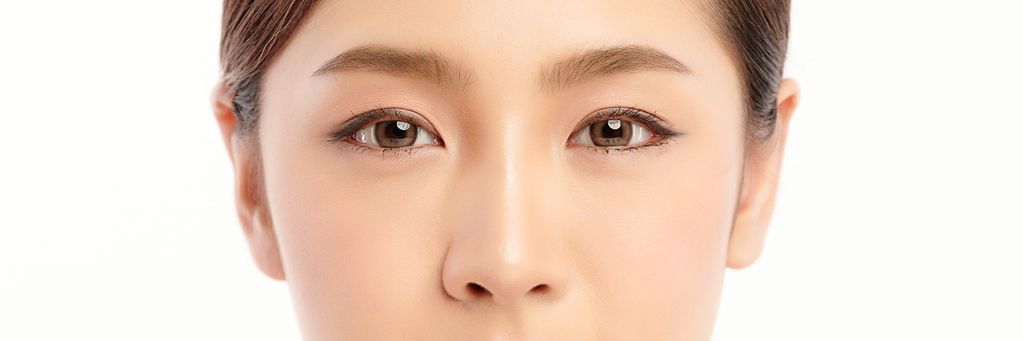
Why should you choose the R6 Miracle Eye Rescue Treatment?

4
Additional Tips for Managing Swollen Eyes After Treatment

Avoid Wearing Contact Lenses
Reduce Eye Makeup
Resist Rubbing Your Eyes

免費體驗
R6 Miracle Eye Rescue Treatment
1 Minute Self-Registration
Date should not be before minimal date
5
If Yours Is Actually Other Situations...Seek Medical Help
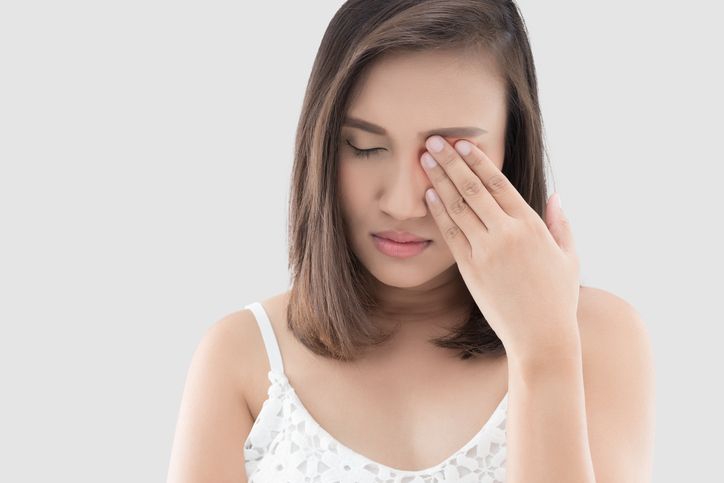
Eye Infections
Insect Bites
Skin Conditions
Underlying Health Issues
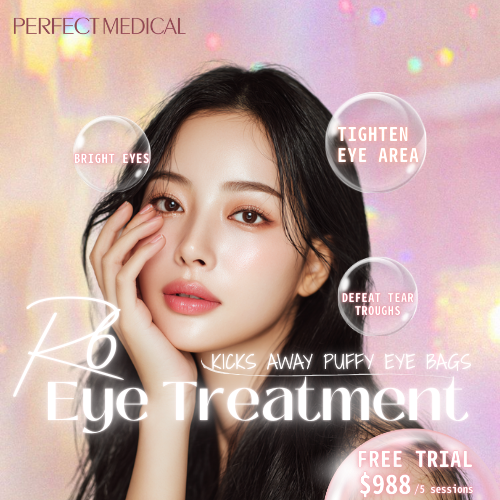
6
Conclusion
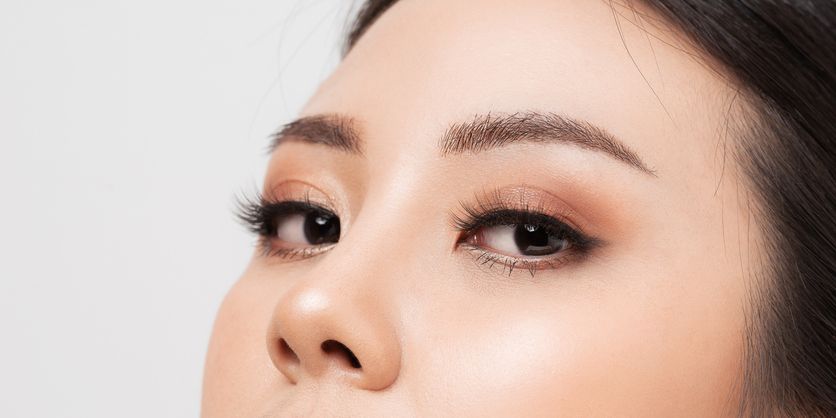

免費體驗
R6 Miracle Eye Rescue Treatment
1 Minute Self-Registration
Date should not be before minimal date
FAQ

1. Can using over-the-counter anti-inflammatory eye drops help reduce the appearance of puffy eyes?
Yes, over-the-counter anti-inflammatory eye drops can temporarily relieve puffy eyes if they are caused by irritation or mild allergic reactions. However, for aesthetic concerns like persistent eye bags or eyelids puffy from factors such as ageing or genetics, these drops may not offer significant improvement. In such cases, consulting an eye doctor for specialised treatments might be more beneficial.
2. Why do my upper eyelids appear swollen, and how can I reduce puffiness?
Swelling in the upper eyelids can result from various factors, including fluid retention, lack of sleep, or ageing. To aesthetically reduce puffiness, consider lifestyle changes such as getting adequate sleep and reducing salt intake. For persistent swelling that impacts your appearance, treatments like Perfect Medical's R6 treatment might offer a more lasting solution by tightening and rejuvenating the eyelid skin.
3. Should I see a doctor for puffy eyes if over-the-counter treatments aren't effective?
If over-the-counter treatments don't alleviate puffy eyes, it's a good idea to seek medical help like consult with an eye doctor. They can evaluate whether your condition and other symptoms are due to an underlying issue or if it's purely cosmetic.
4. Can allergies cause my eyelids to become puffy, and what aesthetic treatments are available?
Yes, if your eyes have a mild to severe allergic reaction, it can cause a swollen eyelid as part of the body's reaction to allergens. While over-the-counter and prescription allergy medications can help manage symptoms, they might not address the aesthetic impact fully. For persistent puffiness related to allergies, aesthetic treatments such as laser therapy or radiofrequency treatments can help reduce swelling and improve the skin's appearance around the eyes.
5. What aesthetic options are available for reducing the appearance of swollen eyes due to ageing?
Aging can lead to changes in the skin and fat distribution around the eyes, resulting in swollen or puffy appearance. Aesthetic treatments such as radiofrequency (RF) therapy, laser treatments, or even minimally invasive procedures can tighten the skin, reduce fat deposits, and improve overall eye appearance. Consulting with a specialist in aesthetic or cosmetic dermatology can provide you with options tailored to your specific needs and desired outcomes.








